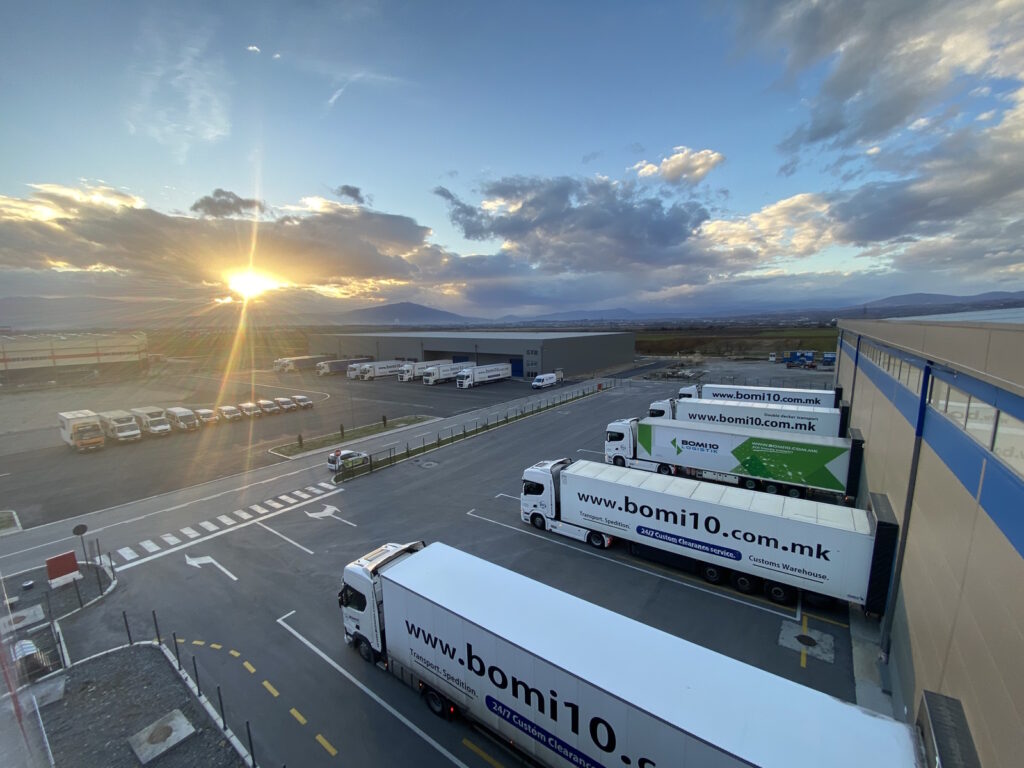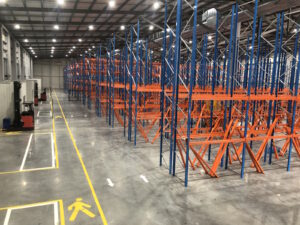Fashion Transportation refers to the transportation of fashion goods and products from manufacturers or suppliers to retailers, wholesalers, and customers. The fashion industry has specific transportation requirements due to the nature of the products, which are often delicate and expensive. Fashion Transportation companies provide specialized services to ensure that the products are transported safely and efficiently.
One of the key challenges in Fashion Transportation is managing the supply chain. The supply chain in the fashion industry can be complex and involves multiple parties, including manufacturers, suppliers, wholesalers, retailers, and customers. Each party has specific requirements and timelines, which can create logistical challenges.
To overcome these challenges, Fashion Transportation companies use advanced logistics technologies, such as real-time tracking and monitoring systems, to ensure that the products are transported on time and in optimal conditions. They also provide specialized packaging and handling services to ensure that the products are protected during transportation.
Another important aspect of Fashion Transportation is sustainability. The fashion industry has a significant impact on the environment, and Fashion Transportation companies are increasingly focused on reducing their carbon footprint. They use eco-friendly transportation methods, such as electric or hybrid vehicles, and optimize their transportation routes to minimize fuel consumption and emissions.
In conclusion, Fashion Transportation is an essential component of the fashion industry, providing specialized services to ensure that fashion goods and products are transported safely and efficiently. With advanced logistics technologies and a focus on sustainability, Fashion Transportation companies are driving innovation and efficiency in the industry.




